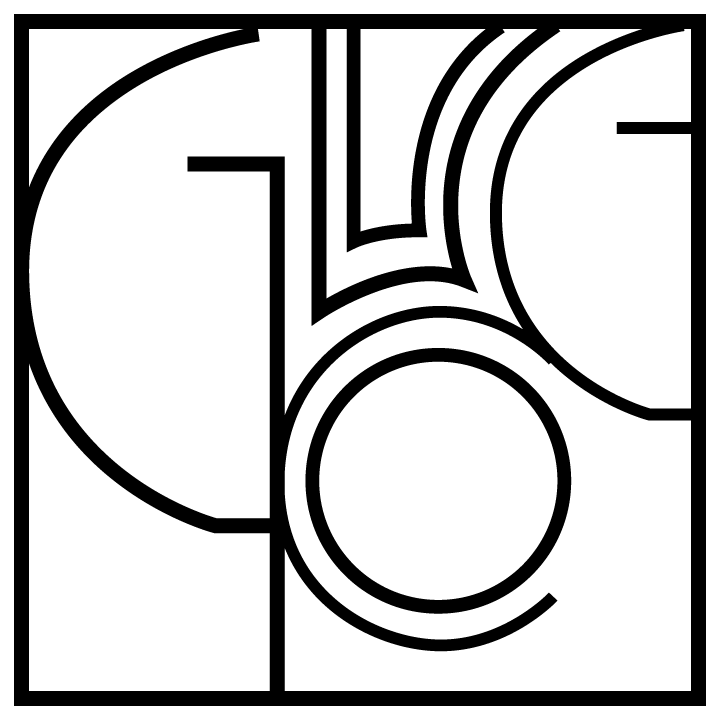Open Letter to UC Community about John Yoo
I am an alumnus of UC Berkeley, having taken here both a master’s degree in public health and a bachelor’s degree. As an alumnus, I receive requests for donations to the university. And as a psychotherapist having worked with torture survivors from many countries since 1990, I reply that I will contribute nothing to the university so long as professor John Yoo is officially affiliated in any capacity with the university. I have seen in my office the outcomes of torture policies he and others contributed to during the second Bush administration.
I have not been public with my objections but will now show there are more consequences to this hire. I have just sent $20,000 to the Canadian Centre for International Justice, money that otherwise I could have spent to support one of the UC Berkeley human rights programs. The Canadian center, like the Center for Justice and Accountability in San Francisco, is a legal center that tracks torturers sheltering in refugee communities in North America and brings them to justice. I have also given $10,000 to the WSD Handa Center for Human Rights and International Justice, which has just moved from UC Berkeley to Stanford. And this year, I have guided assets worth $250,000 to a Berkeley program working with torture survivors and children arriving at the border, East Bay Sanctuary Covenant, and have guided other assets worth more than that to the anti-torture program of Amnesty International in France.
The behavior of the Bush administration, for which Yoo worked, is even more distasteful than it seems. The work of Yoo and others focused the public on interrogation; interrogation is a red herring. Abu Ghraib was no accident, nor was what went on at any of the other 10 or more known U.S. military prisons. The U.S. military and intelligence agencies are shot through with psychologists, and virtually all established psychologists know of the Stanford prison experiment of 1971 — but the public does not. That experiment showed that prison guards will torture even without orders if not supervised by an outside agency while working in a prison under stress, with the most brutal guard setting the standard each shift. In this case, these were university students, randomly chosen as guards or prisoners. The psychologist who designed the experiment made the mistake of making himself the prison administrator — no outside agency looked in on him — so he allowed the brutality and was discovered only by accident.
The U.S. military does not allow the International Red Cross or the UN to have unfettered access to military prisons, despite international law the United States has signed onto (embedding the press in U.S. military units also reduced independent oversight). There were thousands of prisoners in Iraq in revolving door prisons — too many to interrogate. Modern torture follows the pattern of massive torture, not to interrogate, but to control by terror. What could have been the purpose of blocking the Red Cross or UN? To create settings in which torture would occur without leaving a paper trail — there were no orders to torture, and if anyone was caught, only the lowest ranking would be punished — which was exactly what happened at Abu Ghraib. The lowest ranking were set up and never knew it — and the U.S. public has been set up, too, by a deceit which is its own form of cowardice.
The University of California is too ambivalent in its support for human rights (look at divestment issues). Having hired Yoo at the UC Berkeley School of Law, and indeed honoring him there, has caused other donors I know to take similar action as mine. For students overburdened by school debt, it is regretful that the university causes funds to go elsewhere, but as long as I am above ground and Yoo is here, my financial support does indeed go elsewhere.
